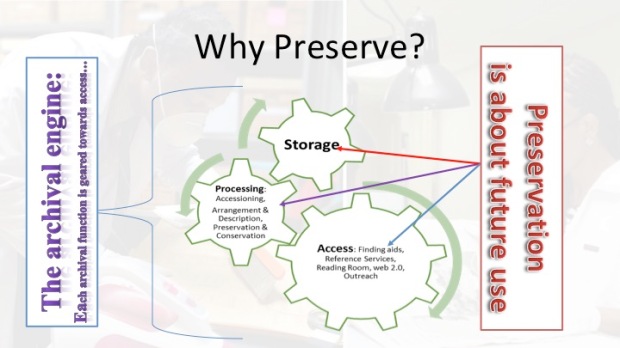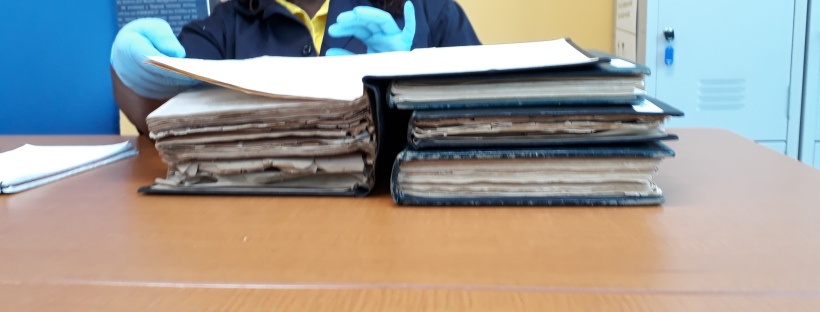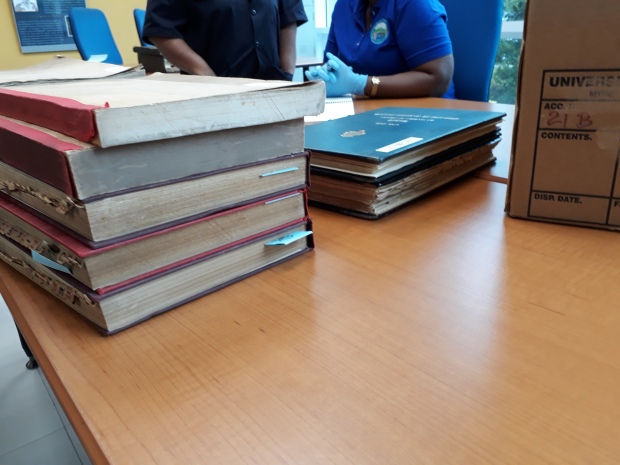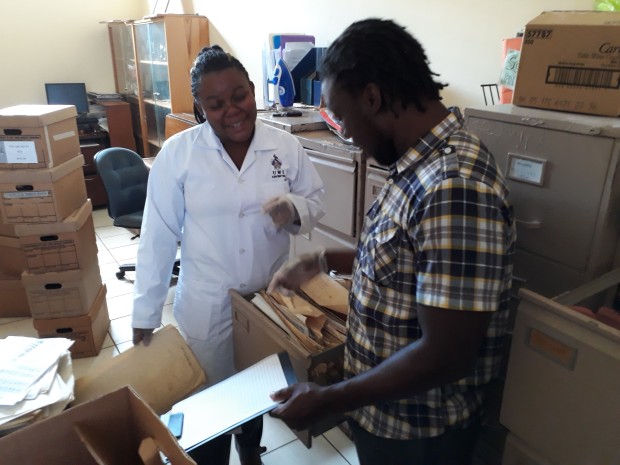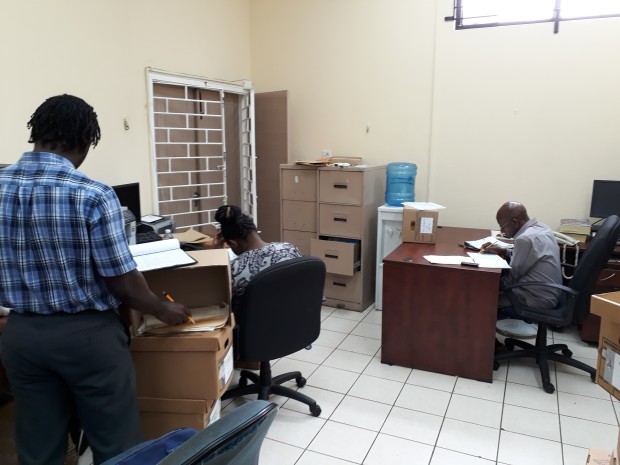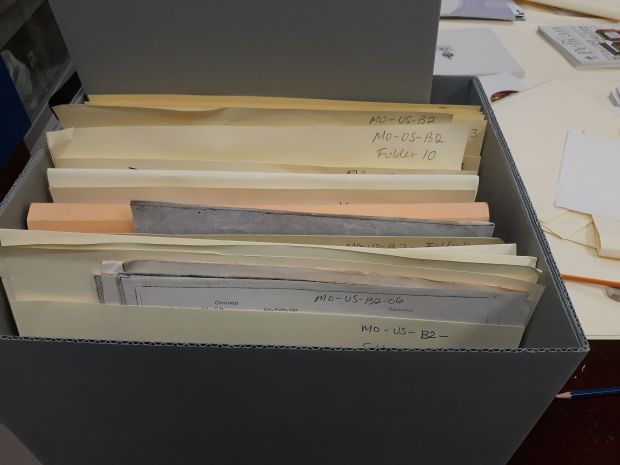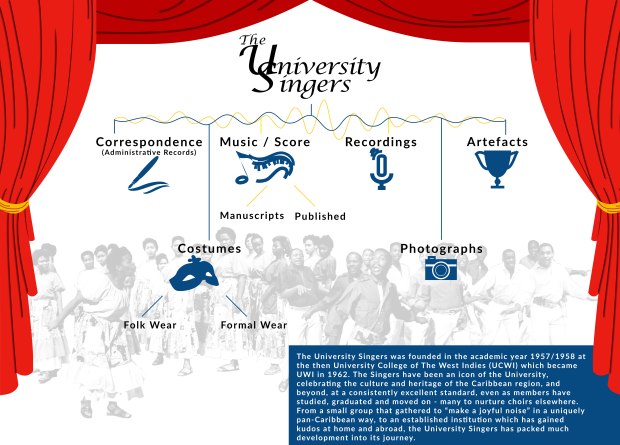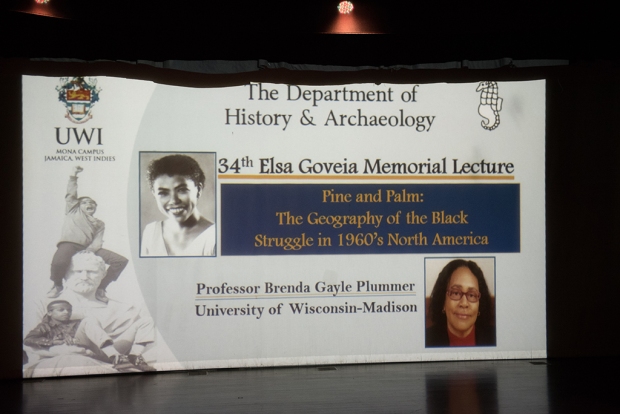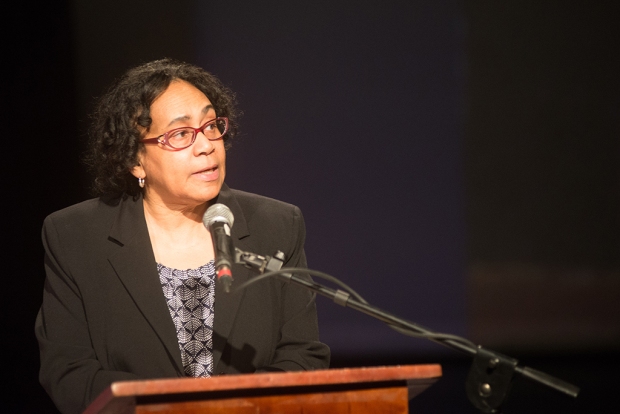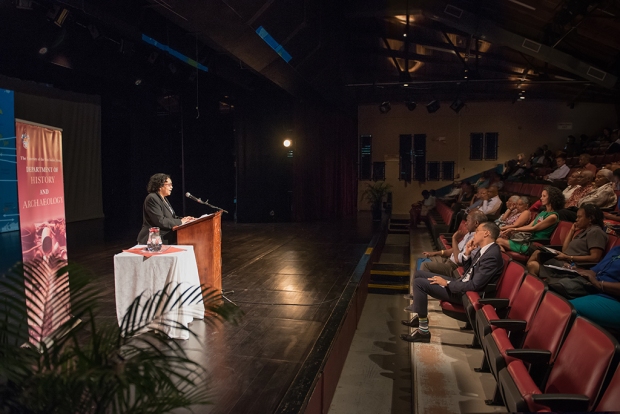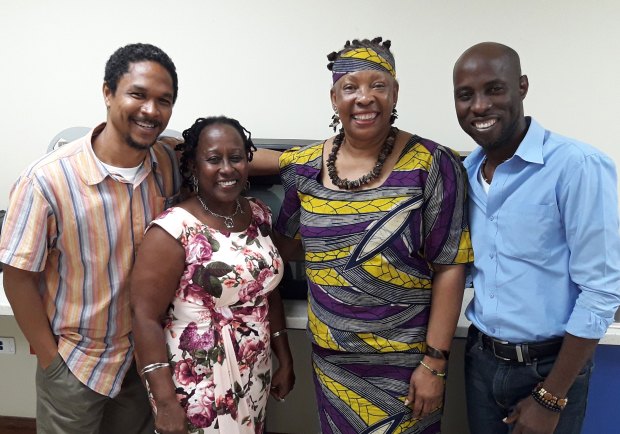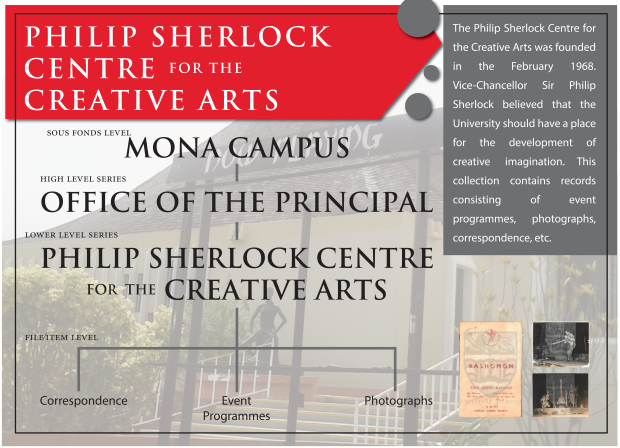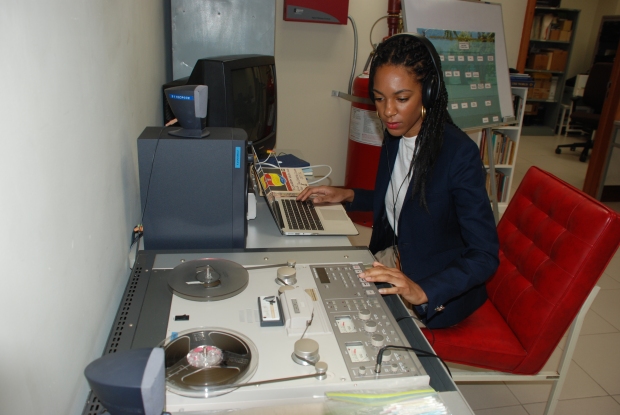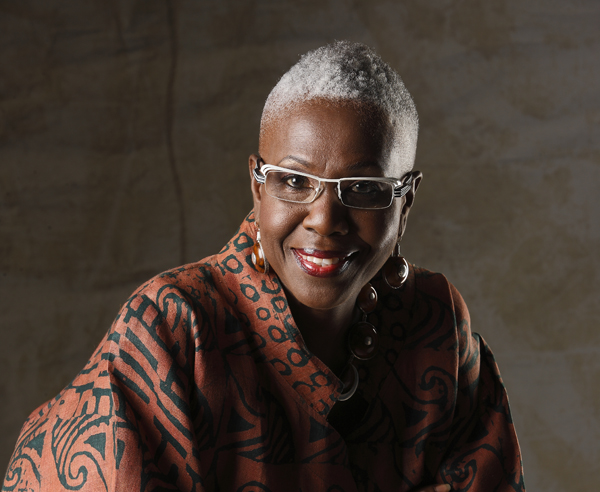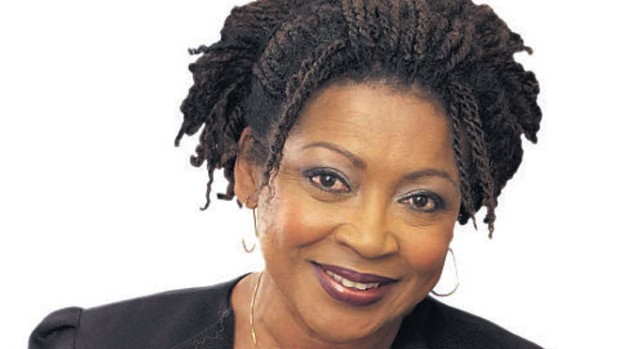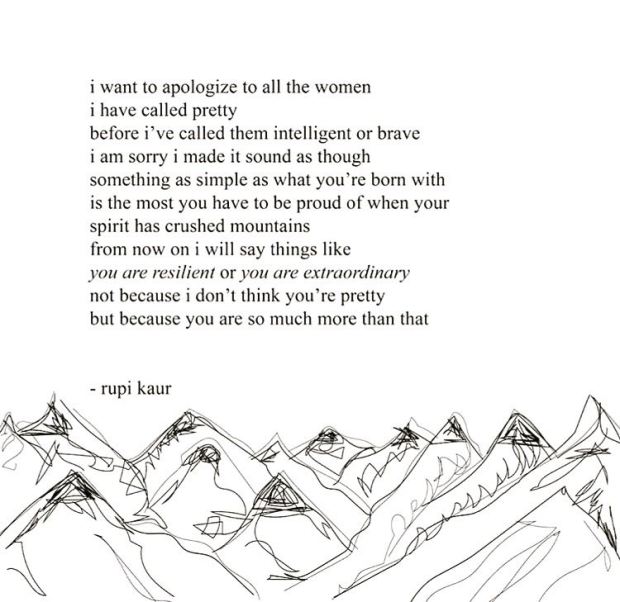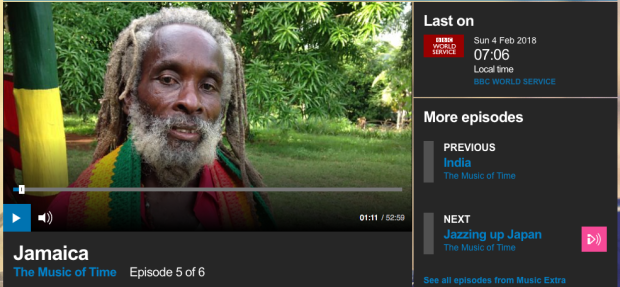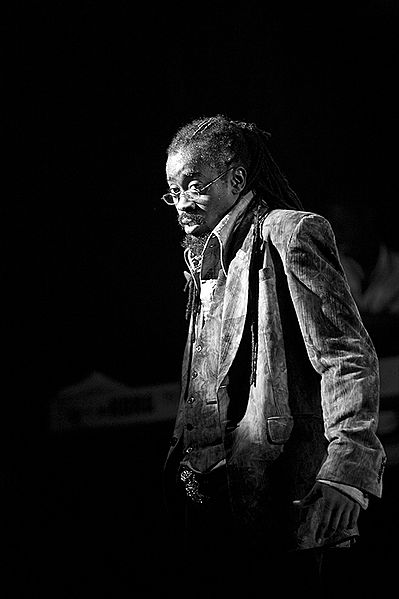
The intrigue of a treasure hunt, starts with a Treasure Map…
Every treasure hunt fantasy starts with the use of a mysterious map, directing the adventurous one to the buried riches untold. If The UWI’s Archives were the undiscovered treasures of the University, and the Caribbean, then there finally is a Map to steer the ‘Wandering Wonderer’ (researcher) or the ‘Guiding Genius’ (archives staff) to the desired golden treasure piece (i.e. the record).

The UWI Archives Fonds Data Map (according ICA ISAD (G)) now mounted in the Archival Processing Room…
The Archives Data Map can be likened to a treasure map easily. The Data Map graphically illustrates what can be found in the Finding Aids (or Catalogue) about all the records in the Archives or in a particular Collection. It aims to show all the various functions and activities that allowed for the records to be created in the first place. So if each Office has particular functions, for example; the Office of Finance is responsible for financial matters, then there will be specific activities that relate to those functions. Those specific activities will give rise to transactions/relationships/events that are documented in various types of records. Those records, will therefore be a reflection of the functions of the Creating Office, and will document the activities or transactions created over time. In other words, if the function of Office of Finance is to manage the financial affairs of the university, expect to find records on tuition fees, properties, and accounts as part of the various activities as well as transactions that represent the core duties of that Office. Archival ‘cataloguing’ then is done according to the way the records were created, used and maintained, under the principles of Provenance and Original Order. So, we keep materials from various offices, in the separate campuses, accordingly, even though they may actually relate to other offices, units or functions.
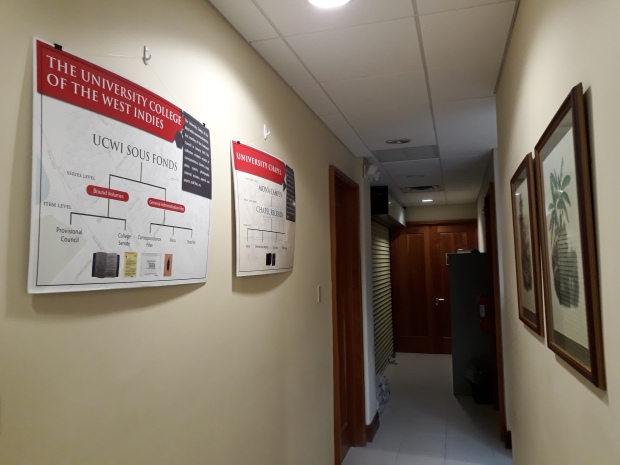
Some Data Maps on display in the Archives Hallway
At The UWI Archives, a tradition has emerged that signals to staff, researcher and visitor, that there is a new Collection or Fonds of Records that have completed the cycle of archival processing and are now available for public consultation. Once a Collection has been finalised, a Data Map is designed, printed and mounted in the hallway. A celebration of completion and a guide to visitors about the types of materials in our holdings as well as a tool for researchers to visualise record-connections and contexts. These details always deepen the mystery, enrich the journey and enrich the ‘discovery’. All data maps are about ensuring all users find their ‘treasure’. After all, we–the staff of the Archives–have been preserving and securing these records all along.

The UWI Archives is the official repository for ALL UWI Records, with particular emphasis on the Records of the University College of the West Indies (purple), the Open Campus (orange), The Mona Campus (red) and the Vice Chancellery (green). The Archives also include Records and Materials that are Related (mauve) to official records, such as the Records of the United Theological College of the West Indies or Papers of prominent professors and personalities.
Our newest data map depicts the record-relationship of all 4 campuses of the University and its administrative hub, the Vice Chancellery and these are differentiated by Colour. The records are all related and inter-related. Thus the work of the various committees in the Office of Administration, inter-relate with others from the Office of the Campus Registrars, and Office of Vice Chancellor. The records in the Vice Chancellery relate directly to all the four (4) campuses, as the decisions and protocols define and impact on how The UWI is managed and operates. The Related Records section is also very peculiar as this Sous -Fonds (sub group of related materials) of various collections are connected and inter-related with the main working of the University generally and specific campuses and academic departments in particular.

UWI Archival records about the Lyssons Beach property

View of the Lyssons Beach

UWI Lyssons Beach

UWI Community enjoying the Beach
There are some records series (or groups) that no longer exists in the same way those records were created–even though the particular function or activities are still being carried out by other offices or creators. For example, since 2014, the Office of the Deputy University Registrar, which had responsibility for university ceremonies no longer exists, even though the functions and activities are still being carried out by a Senior Assistant Registrar in the Office of Administration, and the same type of records are still being created–albeit by another officer or sub-unit. These records are intimately related to the records of the University Singers (a student society) that performed at nearly all university ceremonies and events in Jamaica and around the Caribbean. The correspondence between the offices of the Deputy University Registrar and the Director, University Singers, illustrate the inter-connection between various roles and offices and responsibilities.
Confused yet? How about this: Each Campus and the Vice Chancellery have similar committees, sharing the same names and mandates, but having different reaches. So while the University Finance and General Purposes Committee (UF&GPC)–which is a sub committee of University Council–having decision-making-impact for the entire university, the Campus F&GPC’s reach is specific to that campus. Yet, at least two (2) campuses have their campus F&GPC minutes kept at The UWI Archives, in addition to having the UF&GPC records preserved here as well. In order to maintain the value of each of the records of these decision-making bodies, we have to ensure that their provenance is secured, in addition to the keeping the records in the order that they were created, kept, used and maintained.

The First Installation on Princess of Athlone as Chancellor of the then University College of the West Indies, in the open air at Mona, February, 1950.
There are also some record groups that are specific to particular time periods in the university’s history. The Minutes of the Provisional Council for the University College of the West Indies (1947-1957) detail the foundational years of the university’s administration, while the College Senate Minutes (1948-1958) document the decisions on academic formation, the development of faculties and departments, and student life and activities in the then fledgling university. Even though theoretically these records were part of the now defunct University College of the West Indies (UCWI), they still relate to the daily life of the 70 year old university. Another fine example of this phenomenon are the records of the Extra Mural Studies Department, the oldest academic unit in the university–having been formed in 1947–among the 1st decisions of the Provisional Council of the UCWI. Yet, those records are directly related to the youngest and 4th Campus: the Open Campus. The philosophy, protocols, practices, and even centres established by the early Extra Mural Studies department inform the work of the Open Campus.

Some archival files bearing new reference code labels

Boxes relabelled and Strong Room shelving numbered

Sample of Citations to Honorary Graduates of the UWI.

Matriculation Registers through the years…

Sketches for proposed Academic Dress for the UWI.
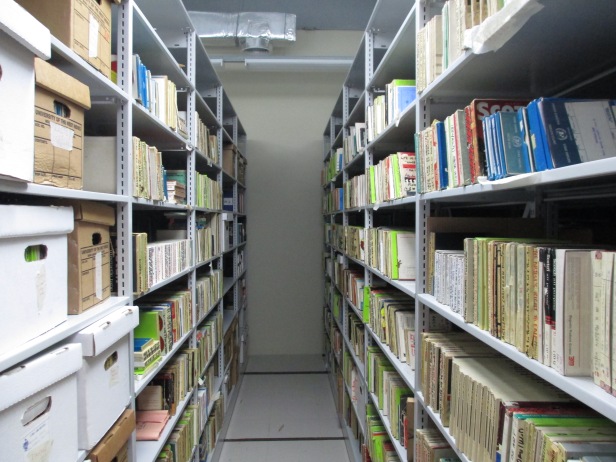
Reel magnetic recordings of UWI events and personalities
I can go on and on: The Papers of the distinguished first West Indian Professor (of Education) John Figueroa are interconnected to the records of the then Faculty of Education, which now forms part of the Faculty of Humanities and Education. The records of the United Theological College of the West Indies (UTCWI) are related to the Faculty of Arts and General Studies, now Humanities and Education. The UTCWI was one of the first Colleges and Institutions affiliated to The UWI in accordance with Ordinance 15, of the Royal Charter of The UWI. Treated as the UWI’s Department of Theology, the records of the UTCWI are related to the records of the now Faculty of Humanities and Education as well as the entire university community. The scholarship of the UTCWI’s 1st West Indian president, Rev Dr Horace Russell, a luminary in Caribbean Theology, distinguished researcher and author, are related to other distinguished academic works that emanated from the Faculty of Social Sciences. The recordings of early Carol Services in the audio visual collection (Library of the Spoken Word) from the now defunct Radio Education Unit are related to the records of the University Singers, who actually sang at the various events, which are related to the records of the then University Registrar’s Assistant Registrar that organised chapel events with the Chaplaincy and the Chapel Committee, which are reflected in their respective records: and all these are records form the University Archival holdings, and can be found here at the University Archives.

Mr Green processing a VHS tape
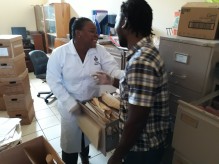
Lyons and Green transferring records

Mr Kwasi Tinglin with LPs of Bob Marley

Ms Lyons & Mrs Moseley-Barrett (of the Office of Administration) processing Committee Minutes and Papers

Mr Green and Mr Tinglin cleaning and reshelving boxes in the Strong Rooms

Mr Mock Yen unloading new accessions upon arrival at the Archives
If an archives staff member was trying to add the latest record acquisition to its accurate provenance grouping or if a researcher was trying to find a particular decision (referred to as Minute), then there is a definite need for a Map: a Data Map. This Data Map then will enable easier ‘cataloguing’ as well as promote better or deeper research, as themes and connections are visually illustrated and the foundation for fully described and accessible archival collections are clear.

Dr Griffin reviewing the new Archives Data Map
And so this is where my role and tenure as the Assistant Archivist/Officer-in-Charge at The UWI Archives ends. Wendy Duff and Allyson Fox’s article, “‘You’re a Guide Rather than an Expert’: Archival Reference from an Archivist’s Point of View” points to the challenge many archivists face in seeking to promote and provide access to their precious treasures. When I first came to the Archives in 2010, I had to learn fast to be that “Record Expert”, linking research needs and ideas to creating offices to particular records and then hand delivering those records to users. Fast forward to 2018, we now have four (4) Archives Assistants and an active–and growing Regional Online Database (see link here: uwi.edu/archives), where we now serve as “Record Guides”. allowing users to make connections and see linkages between their research ideas and themes and our holdings. While this database is still developing, it has certainly enriched user research experience and broadened our user base. Any researcher using the Archives have access to both paper records and audio visual recordings about the same themes! Not many Archives can boast of such rich inter-format connections.

Dr Griffin processing the collection

Dr Griffin giving undergrads a tour of the Strong Rooms and showing our archival treasures

Archives Staff dealing with a minor mould outbreak…

Dr Stanley Griffin and Dr Suzanne Francis-Brown discussing Archives and the importance of “Keeping the Record Straight”!

Dr Stanley Griffin checking on the treatment of pest-infested files…

Dr Stanley H. Griffin with the Mona Campus Matriculation Register, 2001.

Dr Griffin conducts a tour of a visiting group of students from another university
I am grateful for the opportunity I’ve had to contribute to the development of the UWI Archives from its most basic paper-manual stage to the fully automated operation it is today. Now that our staff are Guides, the treasures are even more accessible to wider audiences and available for broader research uses. I am proud of the relationship we have with the Creating Offices in the Vice Chancellery, Mona Campus and Open Campus (our primary target clientele) as well as the Mona Campus Records Management Office, Registry Records Services and Records Centre. Through the high quality work of our Records Management Colleagues, the enduring value of the records that make their way to the Archives are sound and secure. I am also grateful for the rapport and interconnection with the Campus Records Managers and Archivists of the other three campuses. The UWI is 1 University and that ‘oneness’ is a central theme found in all the records starting from 1947. The UWI Archives is a vital expression of the University Archives and Records Management Programme. All that is done as part of records management impacts on our work at the Archives.
The archival records of the University are primarily the product of the University’s administration and our work is as integral to the Administrators as we are invaluable to their decision-making process. I too want to commend the University Museum, a unit with the privilege of interpreting the university’s records in the greater narrative that is The UWI. The relationship with the University’s Libraries, particularly at Mona, is also something to be proud of. We provide essential archival storage to several of their collections and they share in providing access to our audio visual materials. Long may this relationship be mutually respectful and collaborative. Finally, the Archives is interconnected with the Mona Campus’ academic functions, primarily the Department of History and Archaeology and the Department of Library and Information Studies, particularly through their new BA Information Studies and MA Archives and Records Management programmes. The UWI Archives is as much a teaching facility, as it is an Administrative unit as well as an operational Archives. Long may this continue and develop!

Some students with a cross-section of archival records…

Two researchers in the University Archives

New Undergraduate students visit the Archives as part of the “First Year Experience” programme…

Students from the Department of Library and Information Studies doing a quick search for their names and signatures in the Matriculation Registers…
Every good Map, with trained guides, erases the need for an expert, and so I leave The UWI Archives confident that the treasures of the University will not remain buried and unused, but more importantly, accessible and all the more valuable to the Caribbean.
Thank you! I wish the UWI Archives well!!
Bless,
Stanley H. Griffin, PhD
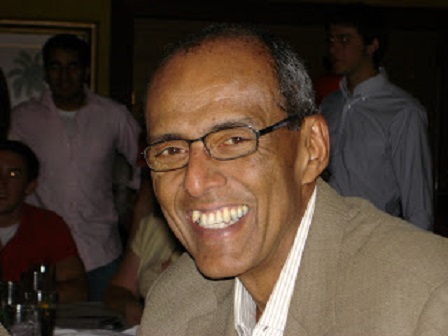
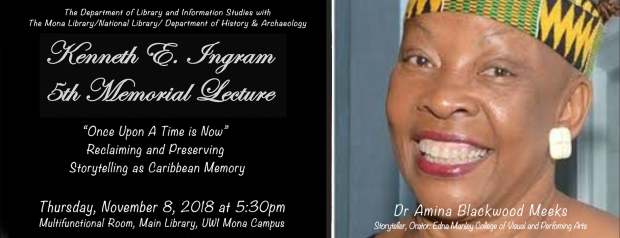
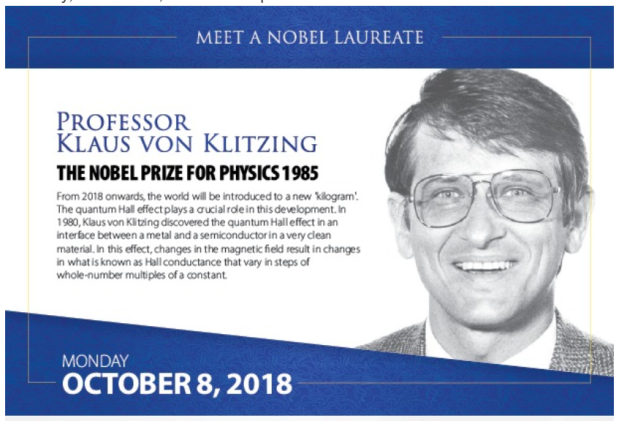
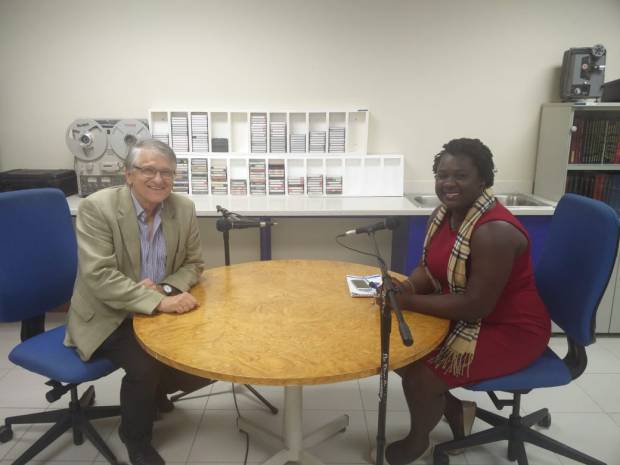








































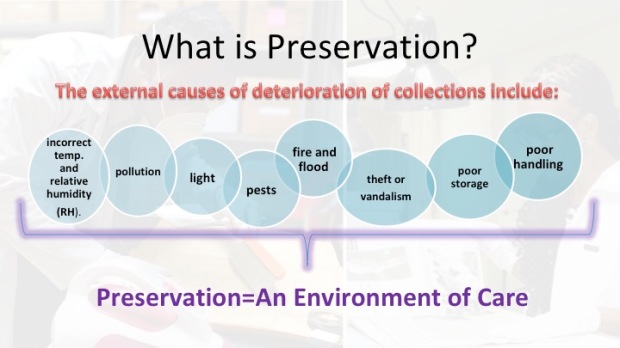
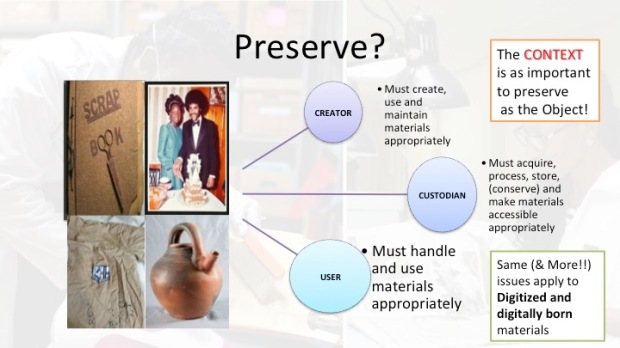 “Materials created or received by a person, family, or organization, public or private, in the conduct of their affairs and ‘preserved’ because of the enduring value contained in the information they contain or as evidence of the functions and responsibilities of their creator, especially those materials maintained using the principles of provenance, original order, and collective control; permanent records.” -Definition of archival record, Pearce-Moses
“Materials created or received by a person, family, or organization, public or private, in the conduct of their affairs and ‘preserved’ because of the enduring value contained in the information they contain or as evidence of the functions and responsibilities of their creator, especially those materials maintained using the principles of provenance, original order, and collective control; permanent records.” -Definition of archival record, Pearce-Moses
